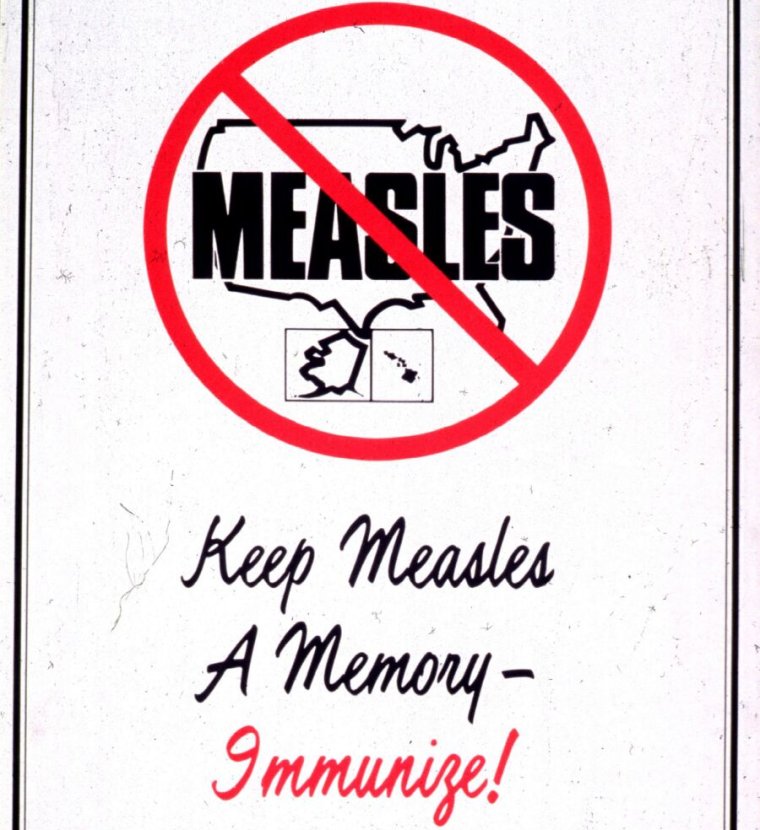-
chevron_right
About 2m people have long Covid in England and Scotland, figures show
news.movim.eu / TheGuardian · 2 days ago - 14:56
Many report symptoms lasting two years or longer and about 1.5m say disease affects day-to-day activities
About 2 million people in England and Scotland say they are experiencing long Covid, figures reveal, with many reporting their symptoms have lasted two years or longer.
The findings were released by the Office for National Statistics (ONS) and cover the period from November 2023 to March 2024, revealing of those who reported having long Covid, about 1.5 million people – about three-quarters– felt their day-to-day activities were affected, while 381,000 people – about a fifth – said their ability to undertake such activities had been “limited a lot”.
Continue reading...

